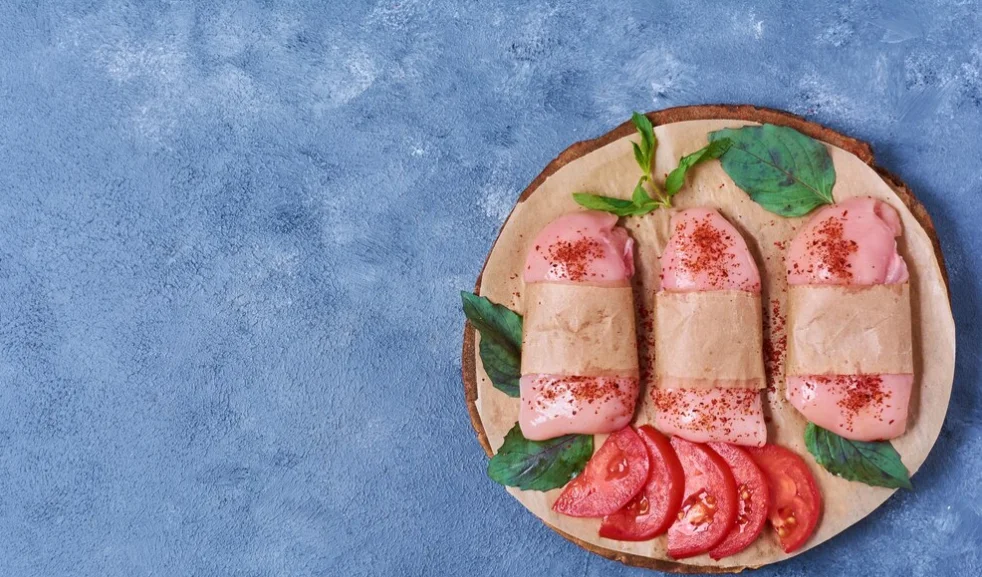Duck fat, a culinary treasure in many kitchens, often sparks debates about its nutritional value. Is it a healthful addition to your diet, or is it just another fat to be consumed cautiously? With its rich flavor and versatile uses, duck fat has gained a prominent place in the world of cooking. But how does it stack up nutritionally? Let’s dive into the facts to understand its benefits and limitations.
Nutritional Profile of Duck Fat
Duck fat stands out among animal fats due to its unique composition and benefits. Here’s what makes it special:
- Rich in Monounsaturated Fats: Nearly 50% of duck fat is made up of monounsaturated fats. These heart-healthy fats are known to help reduce bad cholesterol (LDL) levels while maintaining or even increasing good cholesterol (HDL). Monounsaturated fats are also associated with lower risks of heart disease and improved insulin sensitivity.
- Lower in Saturated Fat: Compared to other animal fats like butter or lard, duck fat contains less saturated fat, which is often linked to elevated cholesterol levels when consumed in excess. However, moderation remains key.
- Vitamins and Minerals: Duck fat contains small amounts of fat-soluble vitamins, such as vitamin E, which has antioxidant properties.
Health Benefits of Duck Fat
Incorporating duck fat into your diet can offer several potential health benefits:
- Heart Health Support: The high monounsaturated fat content can contribute to better cardiovascular health, especially when used to replace less healthy fats, like trans fats or heavily processed oils.
- Improved Flavor for Better Eating Habits: Duck fat’s rich, savory taste enhances the flavor of vegetables and proteins, making healthy eating more enjoyable. When your meals are delicious, you’re more likely to stick to nutritious foods.
- Balanced Cooking Fat: Duck fat strikes a balance between being a saturated and unsaturated fat, making it a better alternative to some other animal fats in moderation.
Considerations and Potential Downsides
While duck fat has its advantages, there are some considerations to keep in mind:
- High Caloric Density: Like all fats, duck fat is calorie-dense, containing around 113 calories per tablespoon. Overconsumption can lead to weight gain, so portion control is essential, particularly for those managing caloric intake.
- Contains Saturated Fat: Though lower in saturated fat than butter or lard, duck fat still contains about 35% saturated fat. Consuming excessive amounts may impact cholesterol levels and heart health negatively.
- Not Suitable for All Diets: Individuals with specific dietary restrictions or conditions, such as gallbladder issues, may need to avoid high-fat foods, including duck fat. Consulting a healthcare professional is advisable in such cases.
Culinary Uses of Duck Fat
Duck fat’s high smoke point and versatility make it a prized ingredient in many kitchens. Here are some popular ways to use it:
- Frying and Sautéing: Its high smoke point (about 375°F or 190°C) makes duck fat ideal for frying or sautéing vegetables, meats, and even eggs. The result is a crisp, golden texture without burning.
- Roasting: Duck fat elevates roasted potatoes, carrots, and other root vegetables with a crispy, caramelized finish.
- French Cuisine: A staple in French cooking, duck fat is often used for confit—a traditional method of slow-cooking meats in their own fat.
- Baking: For a unique twist, use duck fat in pastry doughs or pie crusts to achieve a flaky texture with a depth of flavor.
Conclusion: Is Duck Fat Good for You?
In moderation, duck fat can be a flavorful and nutritious addition to a balanced diet. Its high monounsaturated fat content supports heart health, and its versatility in the kitchen makes it a chef’s favorite. However, like all fats, it should be consumed mindfully, with attention to portion sizes and overall dietary balance. If you have specific health concerns or dietary restrictions, consulting with a healthcare professional is recommended.
By using duck fat wisely and creatively, you can enhance your culinary creations while reaping its nutritional benefits. So go ahead and indulge—just don’t overdo it!
